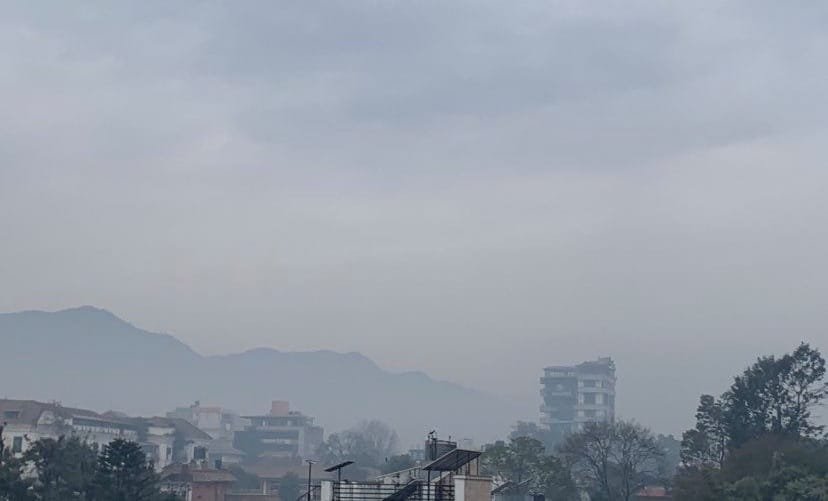Pune Clean Air Claims Under Scrutiny as Activists Question PMC Data
Concerns over the credibility of Pune’s environmental assessments have escalated as the Pune Air Action Hub (PAAH) raises objections to the self-assessment data submitted by the Pune Municipal Corporation (PMC) for the Swachh Vayu Sarvekshan rankings. In a formal letter to the Ministry of Environment, Forests and Climate Change (MoEFCC) and the Central Pollution Control Board (CPCB), PAAH has alleged that PMC exaggerated its performance in critical areas such as road maintenance and waste management. The urban local body (ULB) claimed to have achieved a 100% pothole-free status and complete plastic waste collection, assertions that starkly contrast with on-ground realities reported by residents. The activist group has urged central authorities to conduct an independent verification of the submitted data to ensure transparency in the evaluation process.
The self-assessment discrepancies highlighted by PAAH paint a concerning picture of urban governance. Despite PMC’s claim of completely addressing road dust through pothole repairs, citizens have repeatedly reported poor road conditions, with even President Droupadi Murmu recently acknowledging the issue. Similarly, PMC’s assertion of 100% plastic waste collection stands at odds with everyday scenes of littered streets and clogged drains. Pushkar Kulkarni, a PAAH member, emphasised the need for stronger data validation mechanisms, including third-party audits and real-time monitoring, to prevent misleading rankings. Given that Swachh Vayu Sarvekshan awards significant financial and reputational incentives to cities, the integrity of the assessment process is paramount. If data inflation goes unchecked, it not only distorts public perception but also undermines genuine efforts to improve air quality and urban living conditions.
From a sustainability perspective, inaccurate environmental data can have far-reaching consequences. The Swachh Vayu Sarvekshan is a key initiative under the National Clean Air Programme (NCAP), aiming to improve air quality in 131 cities through structured interventions. Misrepresentation of progress in crucial areas such as waste management and road dust abatement can delay effective policy implementation and divert resources from actual problem areas. Sustainable urban management requires evidence-based strategies, and any attempt to manipulate performance indicators compromises long-term environmental resilience. The demand for greater transparency in data collection and reporting aligns with global sustainability frameworks that advocate for community participation in environmental monitoring. By involving citizens and independent bodies in air quality assessments, cities can ensure that policy measures are grounded in real-world challenges rather than superficial metrics.
The civic implications of this controversy extend beyond air pollution rankings. Pune has been grappling with deteriorating urban infrastructure, and discrepancies in municipal claims only exacerbate public frustration. Residents have long voiced concerns about inefficient road maintenance and inadequate waste management, yet official reports continue to paint an overly optimistic picture. With PMC’s self-assessment now under scrutiny, urban planners and environmentalists stress the need for reforms in municipal reporting mechanisms. The PAAH’s intervention highlights a crucial accountability gap in city governance—one that, if addressed, could lead to more transparent and effective urban policies. As Pune vies for recognition under the Swachh Vayu Sarvekshan framework, the ultimate question remains: will accuracy prevail over aesthetics in its environmental reporting?


